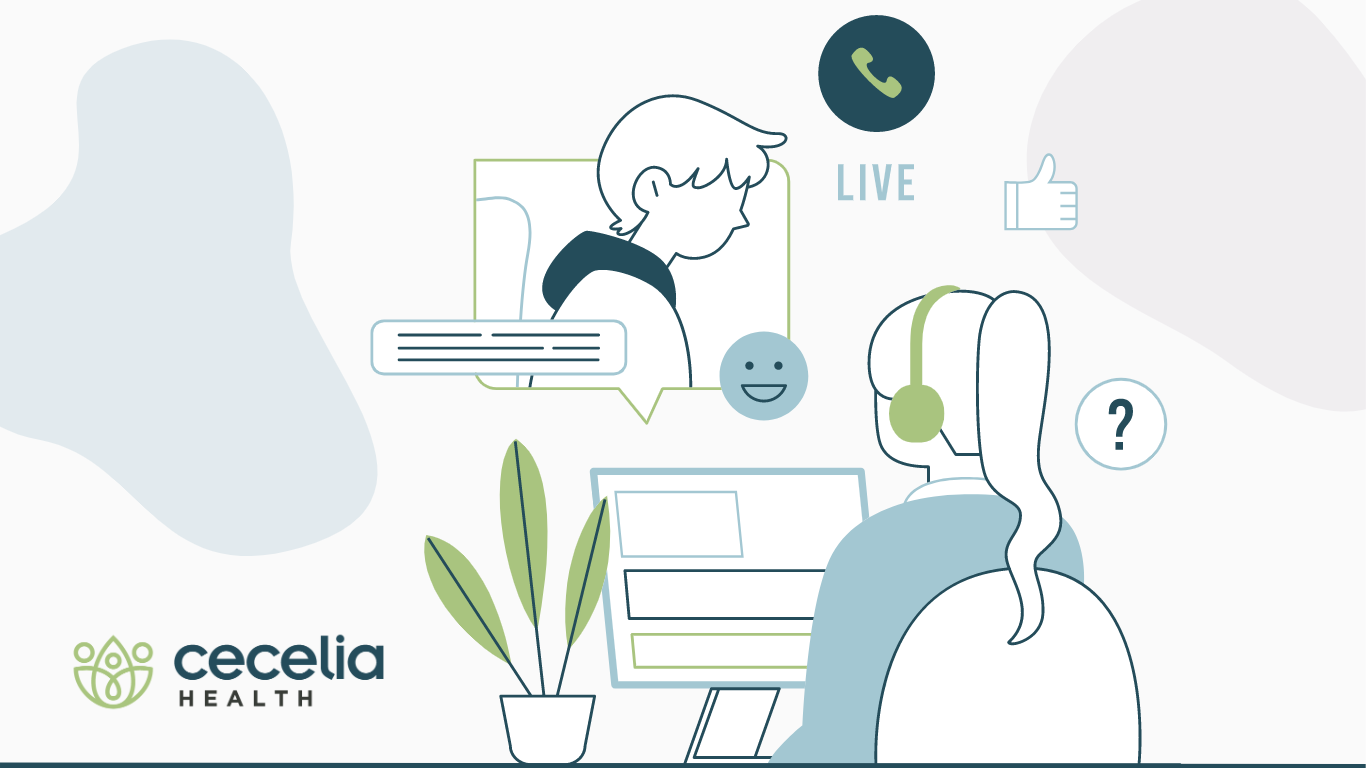Many digital health solutions have fallen short on long-term member engagement and clinical results. Health plans are reassessing whether this digital-first approach works across their populations—especially amongst seniors and those in lower income levels—because they don’t largely use health apps. More than half of adults aged 50 to 80 years old have “never attempted to use a health-related smartphone application.” For this population, providing a telephonic, human-led option is key; blending the scale and efficiency of digital health, with the empathy and clinical power of in-person support.
Here are 5 considerations when optimizing your current care management approach and how clinician-led outperforms digital-first strategies:
Start with validated population segmentation
- Digital: Provided a large list of diagnosis codes, choosing and prioritizing outreach based on limited data and who is most likely to engage.
- Clinician-led: Leverages a customer-provided list and fill in unknowns through rich data sources to validate acuity, confirm medical history, and append social determinants of health (SDOH) information. The end result is a stratified priority list of your members who will benefit most from clinician-led support.
Guide members in enrollment with proactive outreach
- Digital: Sends one mass email with a link to download a smartphone app.
- Clinician-led: Sends a series of warming emails and text messages that are targeted to a member’s specific condition that includes details of the program and prepares them for what’s next. With a clear expectation for the initial call from a dedicated clinician who remains alongside your members for the duration of the program, it’s the first step to developing a relationship.
With the right population identified and a clinician as the first point of contact, Cecelia Health programs boast an average 45% enrollment rate.
Perform an initial assessment that considers the whole member
- Digital: Directs members to take a self-assessment questionnaire within the app based on broad categories—depending on results, may be enrolled in digital-based workflow with generalized educational insights sent on a cadence or escalated to a call center for triage.
- Clinician-led: Identifies underlying social, behavioral, and mental barriers through an assessment performed by a clinician skilled in motivational interviewing and active listening techniques with specific disease state expertise. This is how a personalized, comprehensive support plan is developed to execute against in ongoing, scheduled touchpoints with a mix of synchronous and asynchronous communications.
In one conversation with a Cecelia Health clinician, a member shared they had not filled their prescription in 30 days. Thus, they were not adherent to the care plan set forth by their primary care physician–and it was negatively affecting their health. The clinician dug deeper and, because of the trusting relationship they had built over multiple connections, the member shared they had been rationing medication. Further, the member couldn’t afford to fill their prescription while also paying their electric bill. The clinician was then able to share financial resources with the member so they could pay their bill and receive necessary medication.
Personalize support plans based on unique member needs and preferences
- Digital: Promotes pre-determined activities based on general health needs and can’t address ongoing, dynamic needs as members navigate their care journey. Also, if additional support is needed there are layers of staff to encounter before connecting with a clinician (if at all), adding time and money to the equation while potentially increasing member frustration.
- Clinician-led: Schedules ongoing support sessions with a dedicated clinician, allowing for flexibility that works around the member’s life. What’s more, support plans adjust to meet the member’s unique needs and preferences such as language and cultural factors. This includes addressing barriers, setting SMART goals to overcome them, and reporting on progress at each step. Additionally, care is clinically scalable with direct access to physician specialists—endocrinologists, cardiologists, nephrologists—as needed for seamless care coordination.
Continued engagement correlates with increased satisfaction. Member satisfaction is 90% across all Cecelia Health clinician-led programs for management of diabetes, cardiovascular disease, and other chronic conditions.
Deliver the right support and resources to empower lasting health management
- Digital: Members are dependent on their app to maintain improvement. Once the novelty wears off, the members stop using the app (with estimated drop-off rates greater than 40%).
- Clinician-led: Clinicians guide members to have a deeper understanding of their diagnosis and how to manage it—empowering them to make better healthcare decisions that align with their unique needs and capabilities. The relationship is important to helping members understand the value of efforts in the context of their lives and the benefits of an ongoing commitment to maintain those efforts after program completion. Too, the clinician can use the initial assessment paired with real-time lab and other data to validate clinical outcomes that show improvement in health outcomes.
Through engagement and building trusting relationships with Cecelia Health clinicians, participants remain committed to ongoing health management. Members enrolled in Cecelia Health programs maintain significant A1c reduction of 1.5 points (or more, for those who started the program with A1c >9) even 12 months post last engagement—whereas app or digital-first solutions tend to lack clinical evidence.
The true test of a clinical program is whether the member is able to sustain their health goals over time. Virtual care powered by expert clinical support drives sustained engagement that leads to real outcomes through relationships. Having a trusted clinical resource that is proactively guiding, educating, and connecting your population to the things they need and following up creates accountability, builds motivation, and promotes self-empowerment for lasting behavior change.

